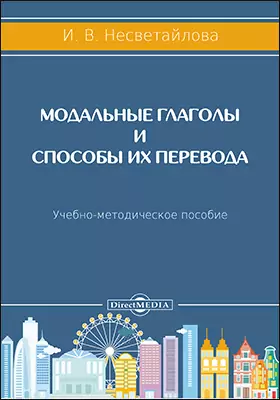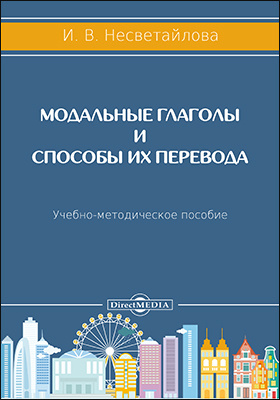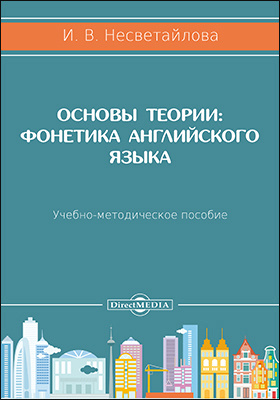Модальные глаголы и способы их перевода
Место издания: Москва|Берлин
ISBN: 978-5-4499-0676-2
Страниц: 62
Артикул: 75169
Возрастная маркировка: 12+
Краткая аннотация книги "Модальные глаголы и способы их перевода"
Учебно-методическое пособие «Модальные глаголы и способы их перевода» предназначено для учащихся школ с углубленным изучением английского языка, студентов колледжей и высших учебных заведений. Учебно-методическое пособие разработано с целью систематизации знаний грамматики английского языка, направлено на активизацию употребления модальных глаголов в устной и письменной речи и может быть использовано как на занятиях под руководством преподавателя, так и самостоятельно. Печатается в авторской редакции.
Содержание книги "Модальные глаголы и способы их перевода"
Предисловие
Modal verbs Main characteristics
Unit I Can / Could
Unit II Must
Unit III May / Might
Unit IV Need
Unit V Shall / Should
Unit VI Will / Would
Unit VII Ought to
Unit VIII Multiple-choice exercises
Appendix
Modal verbs and their substitutes
Modal verbs used in imperative meaning
The use of modal verbs to express certainty, doubt, strong doubt
Литература
Все отзывы о книге Модальные глаголы и способы их перевода
Отрывок из книги Модальные глаголы и способы их перевода
29 Unit IV Need The verb need may be used either as a modal or regular verb. When need is used as regular verb it takes -s in the 3rd person singu-lar present and is followed by full infinitive. Questions and negations are made with do. It has non-finite forms (infinitives, participles and gerund), past tense forms (need, needing, needed). In this form need is in more common use than the modal need, especially in American English. Your hair needs to be cut. Your hair needs cutting. They didn’t need to explain. You don’t need to tell him that you are angry. Did they need to read all the works of Shakespeare? The modal verb need has only one present tense form. In re-ported speech it remains unchanged and is followed by the infinitive without to. It is used only in concrete meaning and imperative meaning. I. Concrete meaning. Necessity. Need sb. do sth. Need we come there? – Yes, you must. – No, you needn’t. An affirmative response requires must and not need. Absence of necessity. Sb. needn’t do sth. You needn’t take a jacket. It’s rather warm. Вам не нужно брать пиджак. На улице довольно тепло. The equivalent is sb. don’t (doesn’t) have to do it. She needn’t do it. She doesn’t have to do it. Ей можно не делать этого. Sb. needn’t have done sth. Denotes that something, that has been done, was unnecessary.
С книгой "Модальные глаголы и способы их перевода" читают
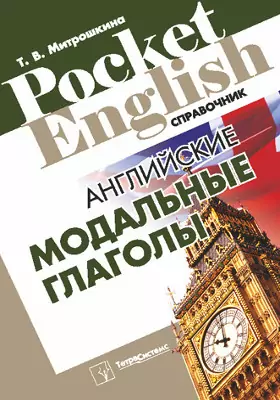
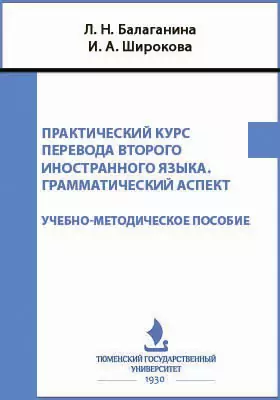
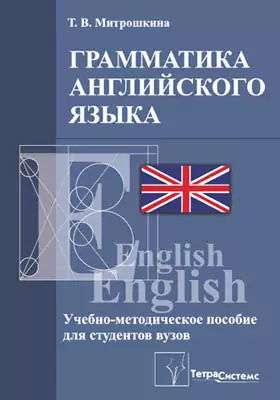
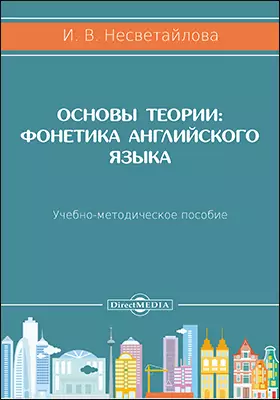
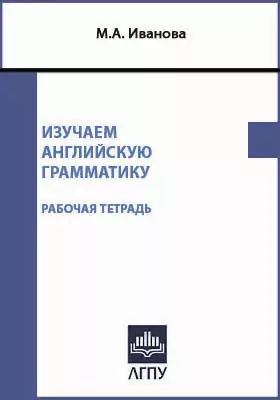

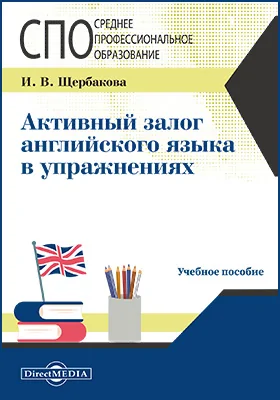
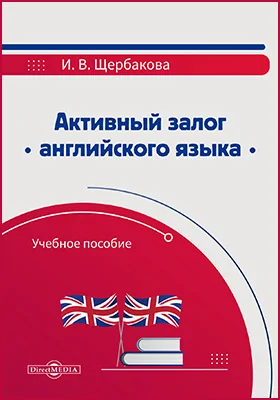
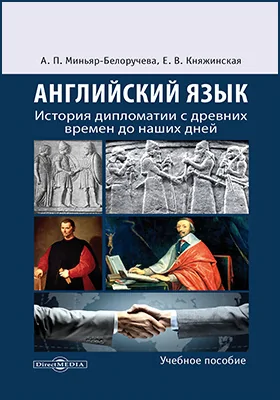
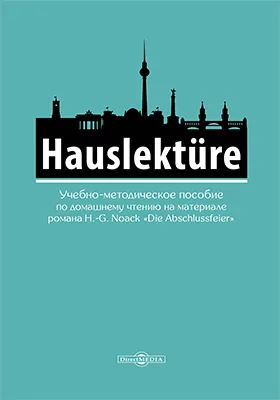




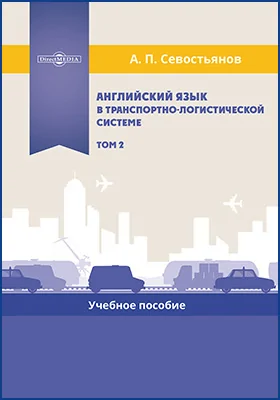
Бестселлеры нон-фикшн
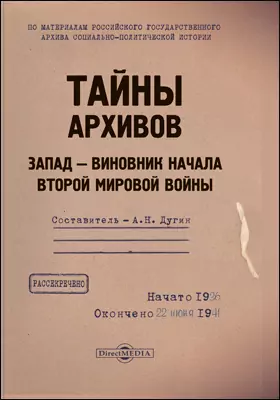

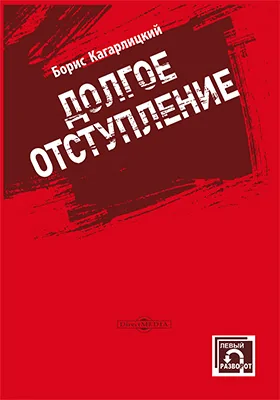
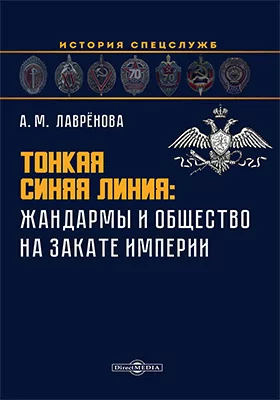

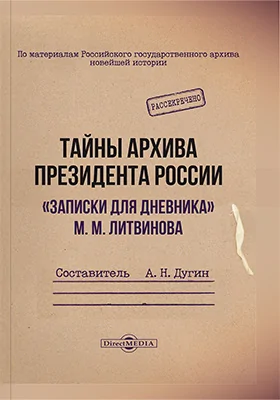
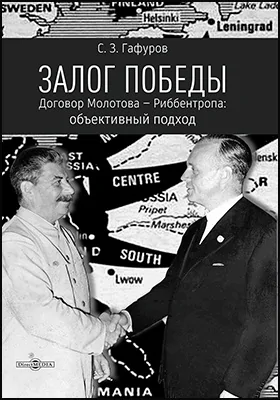
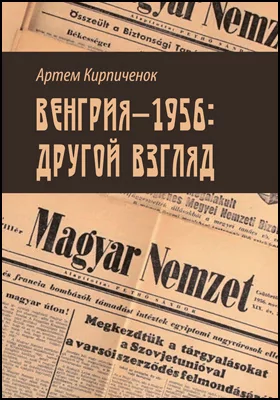
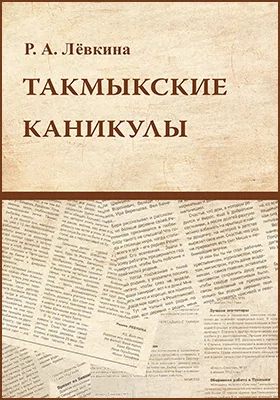
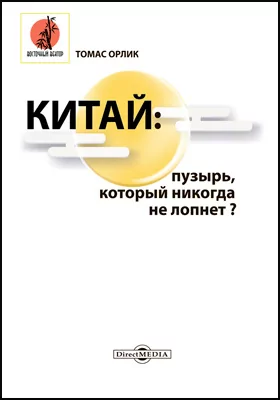



Новинки книги нон-фикшн

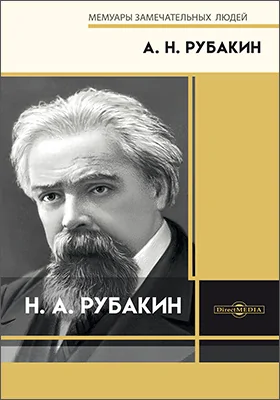
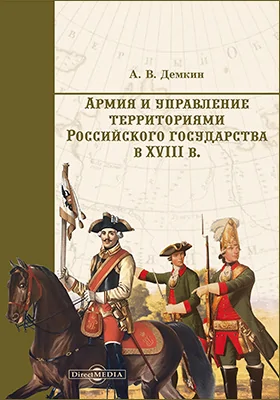




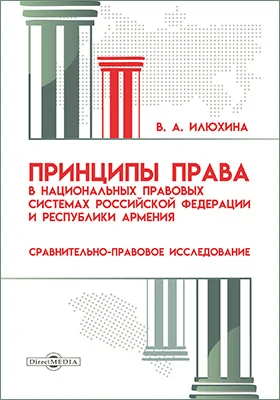

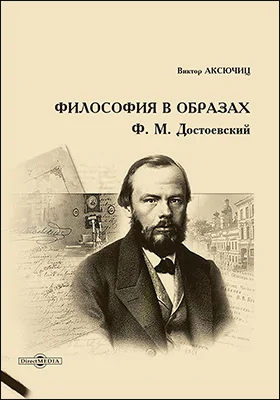
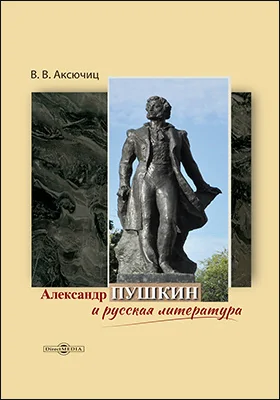
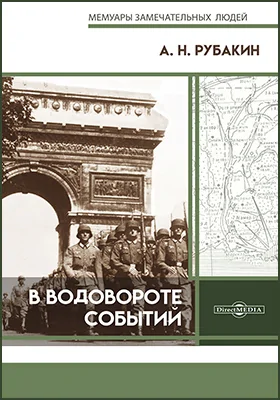
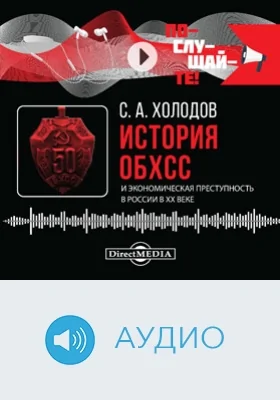
Несветайлова И. В. другие книги автора
и мы свяжемся с вами в течение 15 минут
за оставленную заявку

